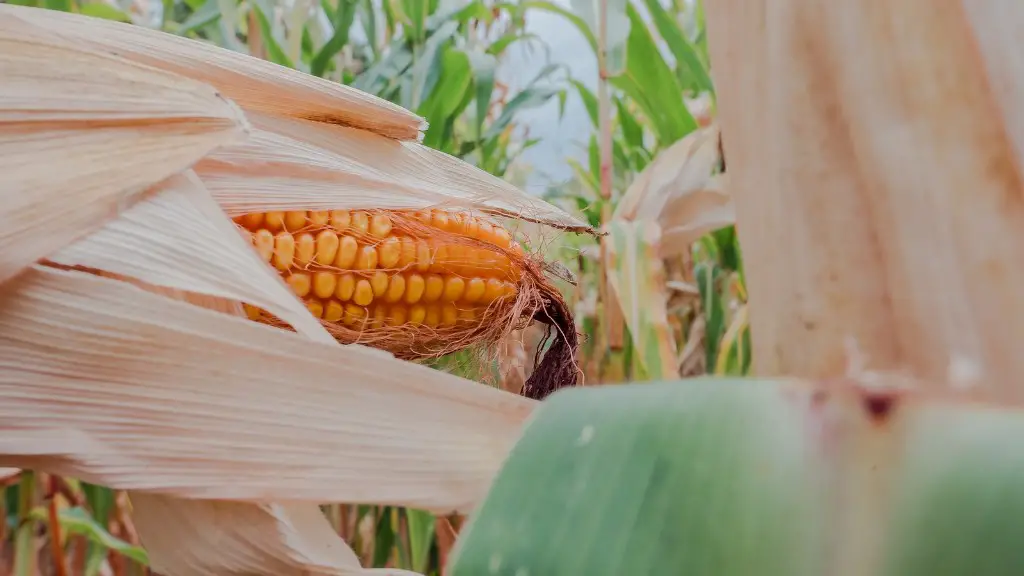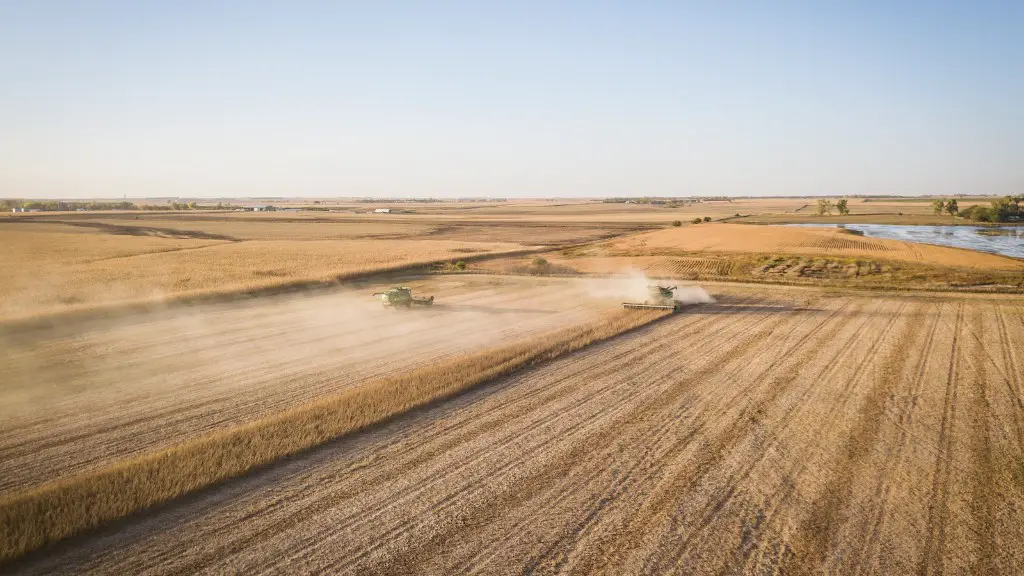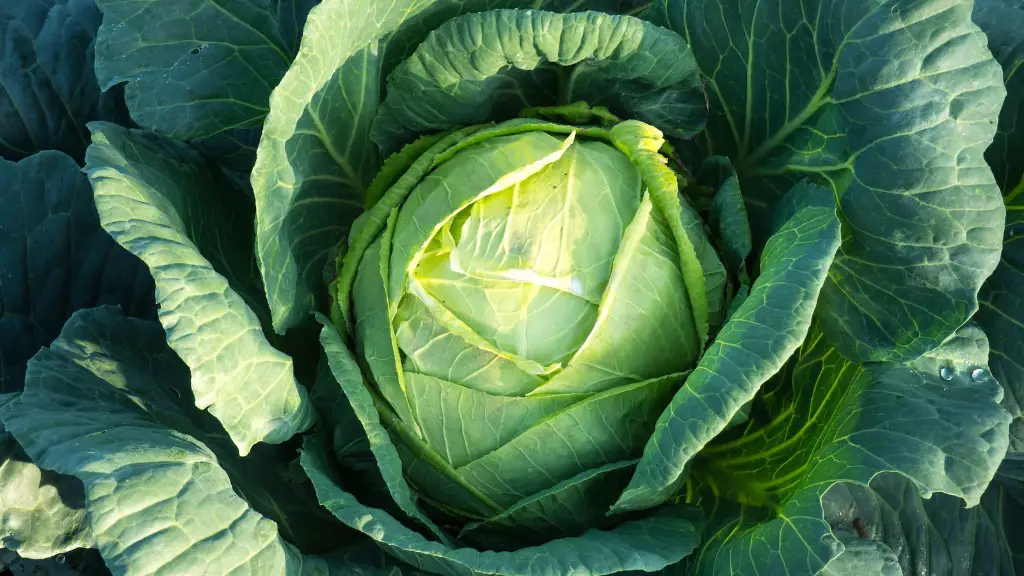Agriculture has been practiced since the dawn of human history. In fact, some studies suggest it may have had its beginnings up to 10,000 years ago. It has been appended over time, with early humans learning techniques from their predecessors, like crop rotation, irrigation, and soil selection. This has resulted in steadily improved yields, leading to today’s efficient, large-scale farming.
Agriculture marked a fundamental transition for human societies. It shifted humans from nomadic hunter-gatherers to a settled life, existing in one place and relying on their resourcefulness to cultivate food. This innovation facilitated the growth of populations, cities, and the creation of new civilizations. Agriculture also highlighted a new division of labor, with some individuals specializing in tasks like planting, harvesting and food production. This division of labor allowed some members to focus on other aspects of society, such as military, science, art, and more.
Agriculture has been viewed as a source of wealth and was of particular importance in ancient cultures. Members of the ruling class often accumulated large amounts of land to boost their status. This caused some civilizations to be reliant on landowning aristocrats who held a significant portion of food production in their hands. In the Islamic Golden Age, increased agricultural yields resulted in an increased populace, which in turn boosted commerce, scientific progress, and the development of cities.
Agriculture started in different parts of the world at different times. In Africa, it is likely to have begun about 5,000 years ago, with the oldest evidence being found in Ethiopia and Sudan. In South America, cultivation had a much older history and is thought to date back 11,000 to 12,000 years. In North America, evidence of farming dates back to around 6500 B.C.E.
Modern agricultural practices are more advanced and efficient than they have ever been before. By making use of technologies like precision agriculture, large scale farmers are able to make the most of land, water, chemicals, and other inputs. This results in far more efficient production of resources and higher yields, more choice for consumers, and an improved environment.
Organization Of Labor
Agriculture marked a major transition in human society, as it changed the way people lived, worked, and interacted with one another. It particularly facilitated the rise of a new division of labor, with some members of society specializing in growing food, while others focused on other aspects such as military, science, art and more. This allowed for specialized expertise, improved yields, and allowed the members of society to focus on the development of the city and the culture.
Emergence Of Civilization
Agriculture was also a major factor in the development of civilizations. Increased yields and improved techniques produced a surplus of food, allowing populations to grow larger in size. This allowed for the emergence of cities, empires and new cultures – something that simply could not have happened without agriculture. It also led to increased trade and commerce, as the large population allowed for more specialized labor and more sophisticated cultural institutions.
Environmental Impact
The implementation of modern agricultural techniques over the past few decades has had a vast impact on the environment. The use of chemical fertilizers, mechanization, and improved genetics has drastically boosted yields, but at the cost of soil health and fertility. Pesticides, herbicides, and fungicides have been used to protect plant species from disease, but this has led to a decrease in biodiversity. As such, it is important to consider the environmental impact of modern agriculture when making decisions about its use.
Effects Of Climate Change and Globalization
Climate change and globalization have had significant impacts on agriculture as well. Global warming and extreme weather events have damaged yields, as crops struggle to cope with increased temperatures or drought conditions. In addition, the emergence of large, global markets has resulted in increased competition for resources, leading to a decrease in farming incomes and less money being reinvested in research and development.
Agricultural Technologies
Today, there is a vast range of technologies and strategies available to agricultural producers to improve yields, combat disease, and reduce pesticide use. This includes precision agriculture, which uses technologies such as satellite imagery, drones, and GPS-guided tractors to increase efficiency and reduce inputs. Additionally, there has been increased use of new seed varieties, crop rotation, and soil and water conservation techniques. These technologies have been crucial in allowing modern societies to produce enough food for their populations.
Social Effects Of Agriculture
Agriculture has had wide-reaching social effects over the centuries. It has generally resulted in a growing, more prosperous population with increased trade, commerce and cultural exchange. However, it has also caused certain social inequalities and disparities. For example, the large-scale use of land may lead to wealth accumulation and the exploitation of certain labor groups, such as women and children. It is thus important to consider the social implications of agricultural practices and policies.


